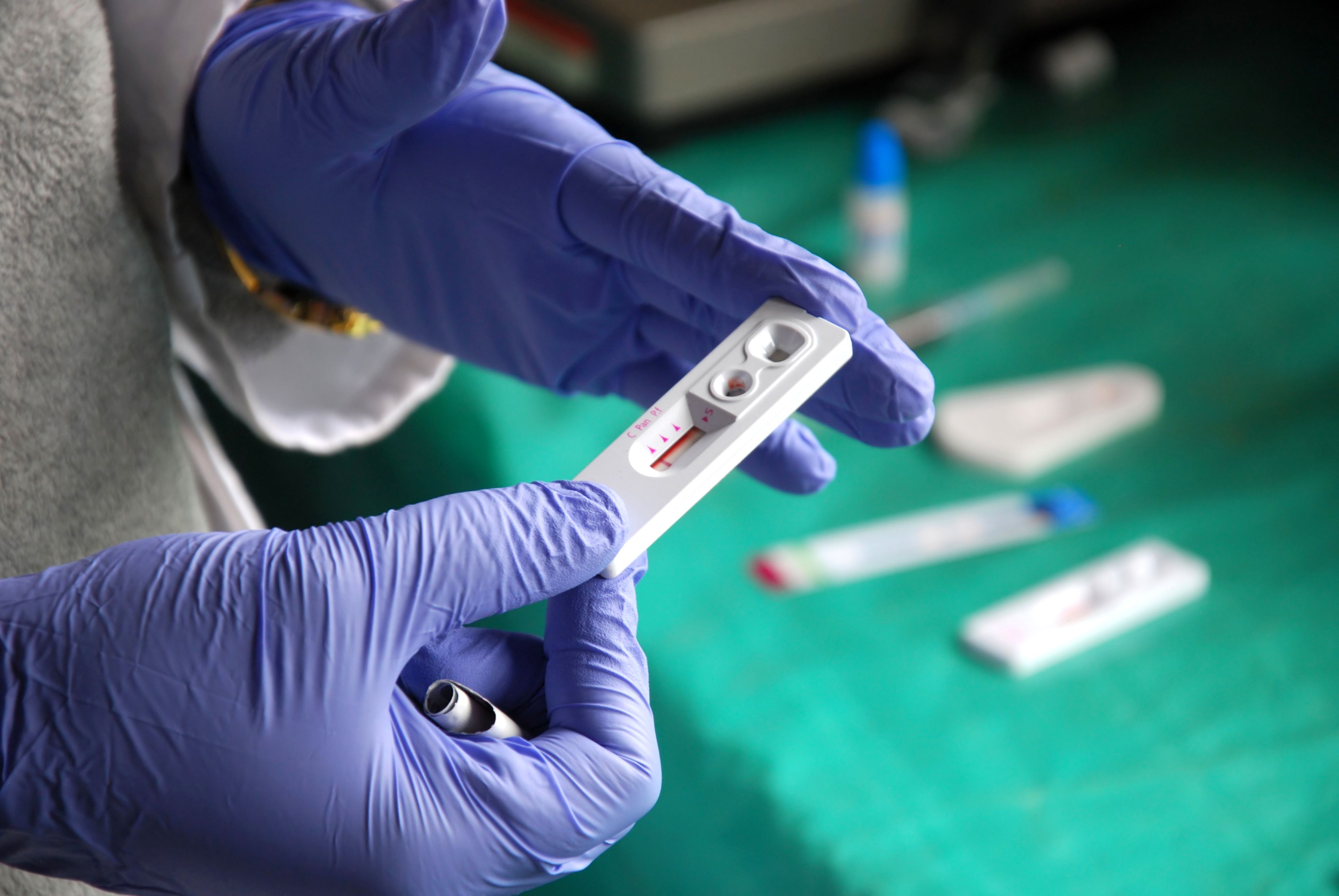Article
Rx Groups Align Against Medicaid Reimbursement Ruling
Author(s):
Pharmacy advocates are working intensively with the administration and Congress to get relief from a recent appeals court ruling, which even the most conservative estimates suggest would cost pharmacies $350 million in reimbursement for their Medicaid prescriptions.
Pharmacy advocacy groups are fighting back against a September 3 US Court of Appeals ruling on how average wholesale prices (AWPs) are calculated-a decision they say will cost pharmacies at least $350 million annually in Medicaid payments, and could force many pharmacies to close, reduce hours, or stop providing Medicaid services altogether.
The AWP benchmark is the one used most frequently by state Medicaid programs to reimburse pharmacies for most single-source drugs and some multiple-source drugs. The appellate court's ruling in the First DataBank/Medi-Span settlements would reduce the AWP from the current 125% of a drug product's wholesale acquisition cost to 120%. Pharmacy groups argue that if states do not move to modify their Medicaid reimbursement rates, this reduction would mean pharmacies would be reimbursed at a rate 4% below their actual acquisition costs.
The ruling marks the latest development in a 3-year campaign by pharmacy advocates against the rate reduction. Facing a September 26 implementation date if no action is taken, the National Association of Chain Drug Stores, the National Community Pharmacists Association, and the National Alliance of State Pharmacy Associations dispatched a letter to US Health and Human Services Secretary Kathleen Sebelius, asking her to instruct states to modify their reimbursement rates so that current payment levels are maintained. Such a move, the groups argue, would "ensure that health care services under the Medicaid program are equivalent in terms of access and quality to those available under private payers." Efforts also are ongoing to include a provision to reform Medicaid pharmacy reimbursement in the health care reform legislation moving through Congress.
Pharmacy groups point out that the 4% reduction in brand name pharmaceuticals-which represent more than 80% of the typical pharmacy's Medicaid sales-will sharply reduce the average pharmacy margin and have a much greater impact for pharmacies that fill a high percentage of Medicaid prescriptions, especially those located in urban and rural areas.
For other articles in this issue, see:
Pharmacies Finding New Ways to Beat OxyContin Robbers
Newsletter
Stay informed on drug updates, treatment guidelines, and pharmacy practice trends—subscribe to Pharmacy Times for weekly clinical insights.





